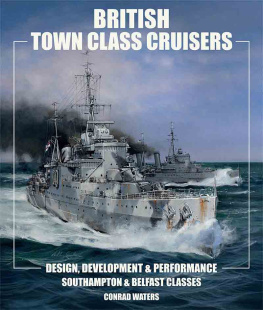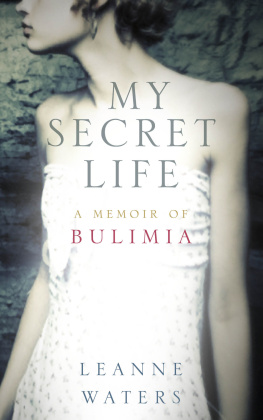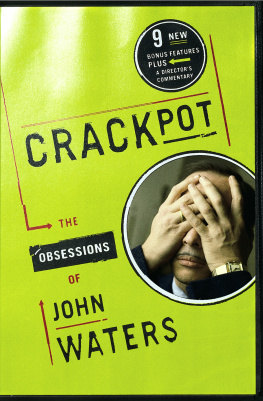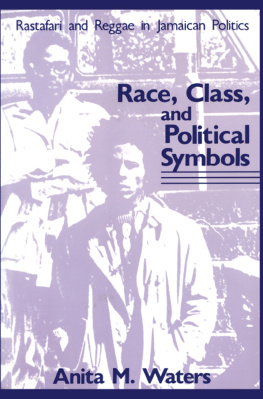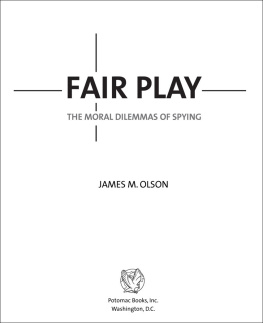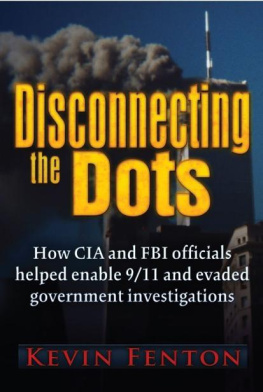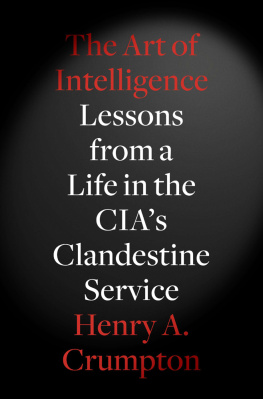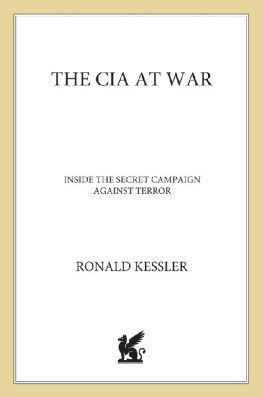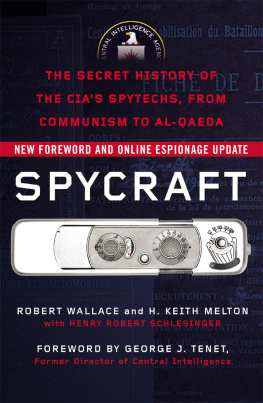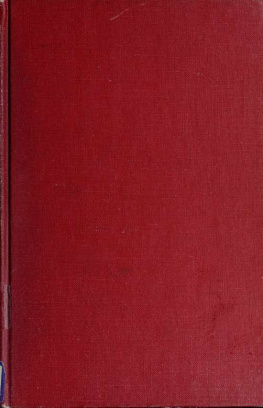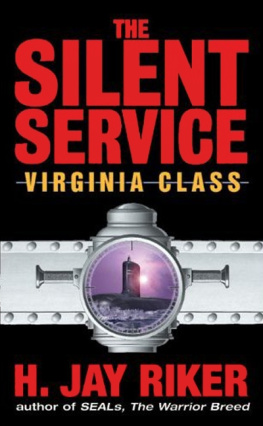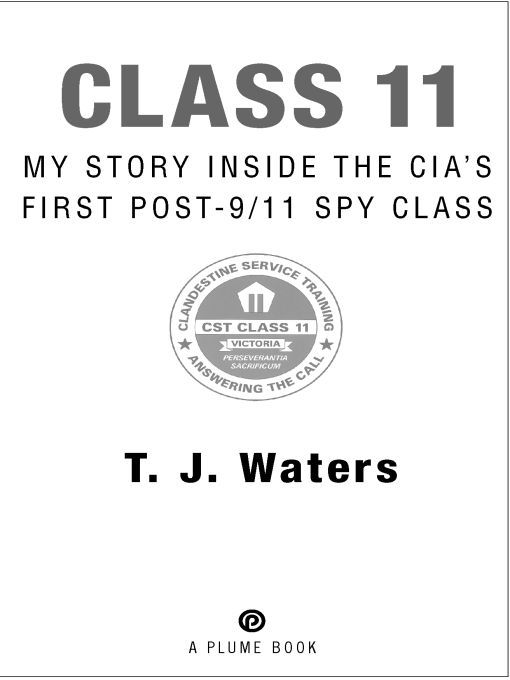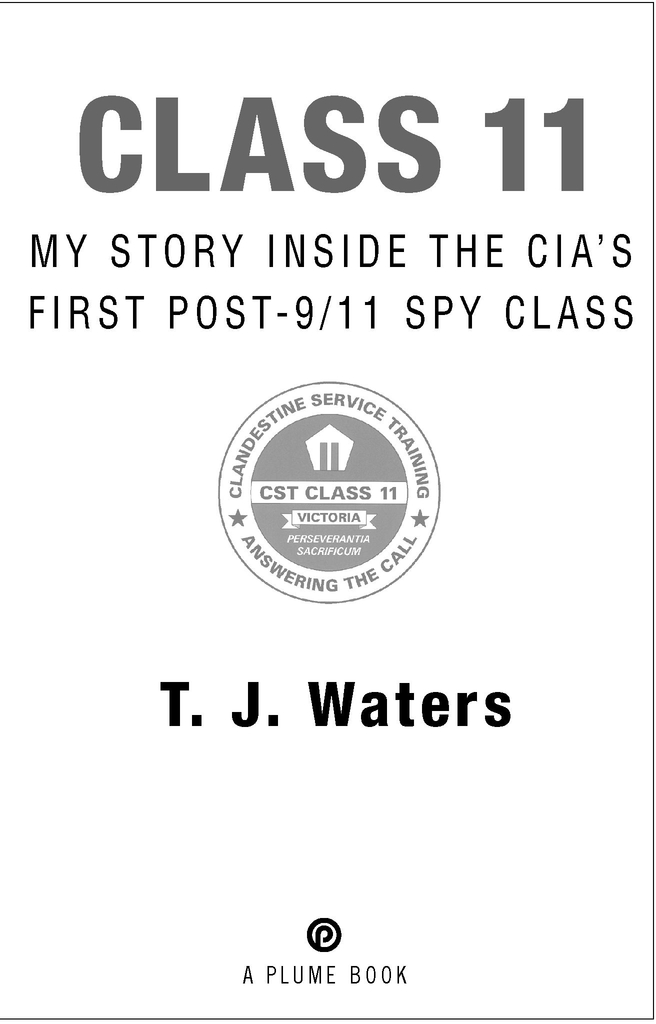Table of Contents
A PLUME BOOK
CLASS 11
T. J. WATERS was a vice president of a private consulting firm specializing in intelligence collection and training prior to joining the CIA. He is currently a team chief and senior intelligence analyst for the Department of Defense and lives in Florida.
Praise forClass 11
Anyone who wants to know how CIA officers really operateas opposed to the mythology often seen in the mediawill want to read this book.
Ronald Kessler, bestselling author of The CIA at War and Inside the CIA
Waters offers a rare glimpse into what it is like to join this cadre and how its tradecraft is taught.... Waters has done an excellent job recounting his experiences, and he and the CIA deserve much credit for a book that can only enhance the publics understanding of the importance of a rejuvenated clandestine service. This book should prove a useful recruiting tool.
The Washington Post
Class 11 should be the nonfiction blockbuster of the year. Tom Waters was among the cadre of patriotic, highly motivated young professionals who entered the CIA shortly after the terrorist attack of September 11, 2001, and this, his first book, is a superb (and reassuring) insiders look at what goes on behind the closed doors of that much-maligned agency. Once they start reading Class 11, outsiders who loathe the agency, or revere itand all of us in betweenwont be able to put the book down.
Randy Wayne White, bestselling author of Hunters Moon
The reader comes away with a deeper understanding of one of our most misunderstood organizations. The Washington Times
To Cathy,
For understanding why I disappeared
for the first year of our marriage
INTRODUCTION
THREE LARGE U.S. GOVERNMENT BUSES sit in the parking lot of
an otherwise empty strip mall outside Roslyn, Virginia. Its five-thirty on a cold Thursday morning in November. Students arrive one by one, half awake, with their coffee or diet cola in hand. I pull my suitcase out of the trunk and pat myself down one last time. We are conducting this exercise in alias. I cant have anything in my pockets that reveals my true name. Experienced interrogators will strive to break down our cover identities, family histories, and jobs. If anyone learns my true name, it means arrest. Handcuffs. Jail.
Satisfied Im not carrying anything that can expose me, I board the bus and sit down next to a fellow student named Jay. We engage in a little nervous chatter, trying to forget about the approaching drill. Our conversation turns to the sweeping changes in the intelligence community over the past five months. Al-Qaeda, an enemy unlike any this country has ever known, is still trying to kill as many Americans as possible. Dawn breaks as the bus pulls away to take us to the interrogation site. Reflecting on the moment, Jay looks out the window, and with characteristic understatement notes, Its no longer a gentlemens game.
It most certainly isnt.
The trade of espionage is no longer professional intelligence officers working against one another in a practiced and civilized manner. The old methods for recruiting foreign nationals during diplomatic parties are now part of Cold War history. Terrorists arent on the diplomatic circuit. They quietly toil in towns and villages, away from the capital cities where the United States maintains an official presence. Commercial cover operations, paramilitary action, and covert influence programs have replaced embassy parties. Unfortunately, theres a shortage of qualified field officers to do the work. Thats where we come in.
We are the CIAs Clandestine Service Training Program Class 11. We are the volunteers who entered the CIA after the September 11 attacksthe largest training class in CIA history. The exercise we are conducting today is only the beginning, a peek into the main instruction conducted at the Agencys legendary training facility in Central Virginia, commonly known as the Farm.
This isnt a story about tuxedos, martinis, or fancy gadgets. This is the real world of espionage. But it isnt exclusively about tradecraft. Its about people. A group of people who took dramatic turns from career and family to answer a nations call.
This is our story.
PREFACE
EVERY TWENTY YEARS OR SO an unimaginable tragedy befalls our nation. Beautiful sunny days are suddenly and irrevocably tainted. In every instance, people never forget where they were standing when they learned the terrible news. Witnessing these events makes them even more horrific. The invention of television brought terror to our living rooms in heretofore unthinkable ways. Pearl Harbor in 1941. Kennedys assassination in 1963. The explosion of the space shuttle Challenger in 1986.
On September 11, 2001, I was at home packing for a business trip that afternoon to Montreal. I was watching live when the second plane, United Airlines Flight 175, struck the south tower of the World Trade Center. Like many people, I thought I was watching the first plane being played back on tape. Only after an offscreen engineer corrected the news anchor, saying the images were live, did the full scope of the event begin to dawn on me. Or on any of us.
Al-Qaeda succeeded where emperors, dictators, and tyrants failed. It attacked the mainland United States, successfully striking multiple targets in broad daylight. Evading law enforcement and military defenses, it conducted the ultimate sneak attack. It was, for most Americans, completely inconceivable.
I contacted the CIA a week after the attacks. Id been recruited several years earlier and still held a top-level clearance. I sat down for a serious discussion with my girlfriend, Cathy. Though I had not yet proposed, Id already purchased the ring and was just waiting for the perfect moment. How would this affect us? I wasnt willing to go unless she was fully on board. She didnt hesitate. With her support we entered a phase of our relationship neither of us truly understood. I bent down on one knee at a quiet little restaurant in North Tampa, promising her a life unlike anything she could imagine.
More than 150,000 people applied to the Central Intelligence Agency in the weeks following the attacks. The agency typically accepts less than one-tenth of one percent of the applications received. After September 11, the CIA brought in retirees and reassigned existing staff from other offices to handle the incredible mountain of applicants. Highly skilled, highly motivated professionals were applying by the thousands. But these werent twenty-year-olds without appreciable skills. These were lawyers, consultants, investment bankers, scientists, and a myriad of other professionals. Not just witnesses to the terror in New York City or Washington DC, the applicants came from military bases in Georgia, law firms in Texas, and software companies in California. From sea to shining sea rsums poured in, asking one simple question: What can I do?
Terrorism was no longer something that happened elsewhere. It now had a local face, a local presence. Cathy and I were strolling through a local mall one Saturday night when her father called wanting to know if we were OK. A local teenager had stolen a plane and slammed it into the Bank of America building, the tallest structure in downtown Tampa. Police found a note stating his support for Osama Bin Laden and the attacks of 9/11, but found no direct link to al-Qaeda.



